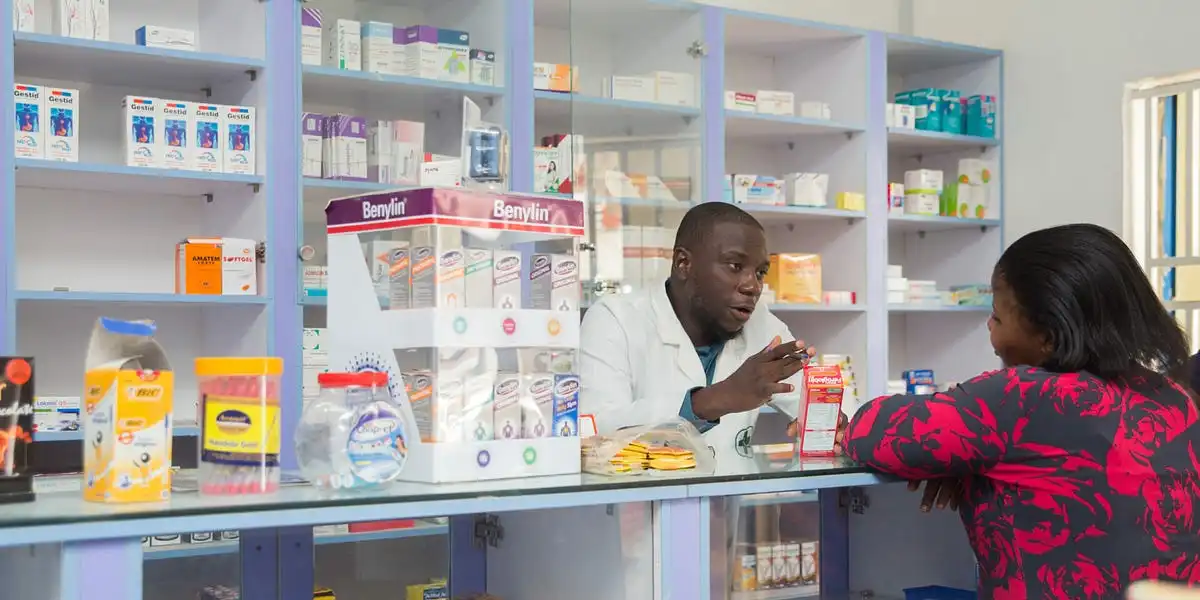From Lilongwe to Abuja, foreign exchange shortages are revealing deep vulnerabilities in how African economies operate. In Nigeria, despite President Bola Tinubu’s attempted reforms, dollars remain scarce and the prices of imported goods are skyrocketing. Among them are life-saving drugs.
About 70% of the medicines that Nigerians take are imported, and about 80% of people pay for healthcare out of their own pocket, according to a survey in November last year. Patients now sometimes find that drugs cost as much as six times more than they did last year.
Nicholas Ishadimu was recently prescribed Augmentin, a common antibiotic often used to treat typhoid in Nigeria. At the pharmacy, he was told the price was 24,000 naira ($29.28). He couldn’t buy it. He says that for his last prescription, several months earlier, he had bought the same drugs in the same quantity for 4,500 naira ($5.49).
“Being able to pay for healthcare has always been a challenge for a lot of Nigerians. Now this contributes to that barrier to access if people cannot afford drugs,” said Chibuike Alagboso of Nigeria Health Watch.
The forex shortage is also shrinking local production. In August, drugs multinational GlaxoSmithKline closed its Nigeria operation. Its sales had fallen to nearly half of what they had been the year before and the company’s half-year report blamed forex shortages, saying they had made it difficult for it to keep a consistent supply of drugs on the market.
forex being… the exchange rate I guess?



